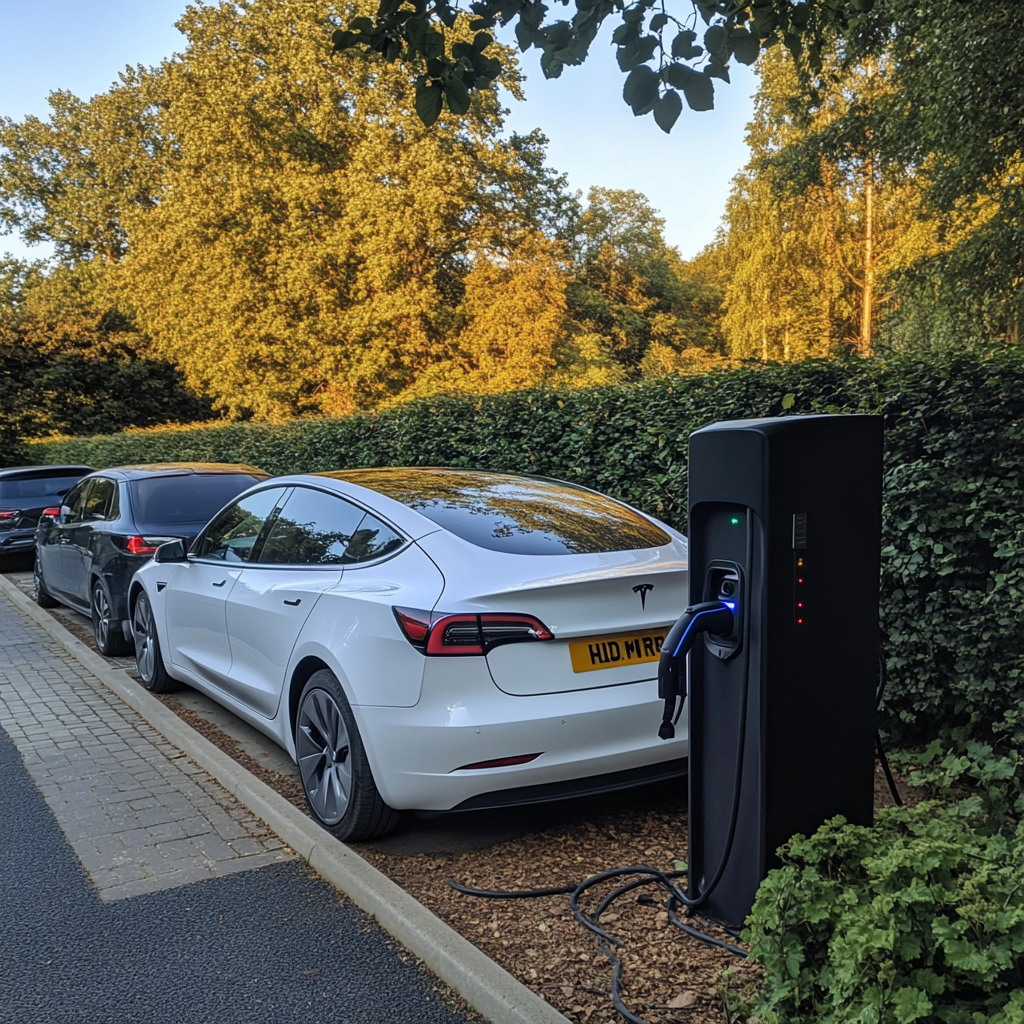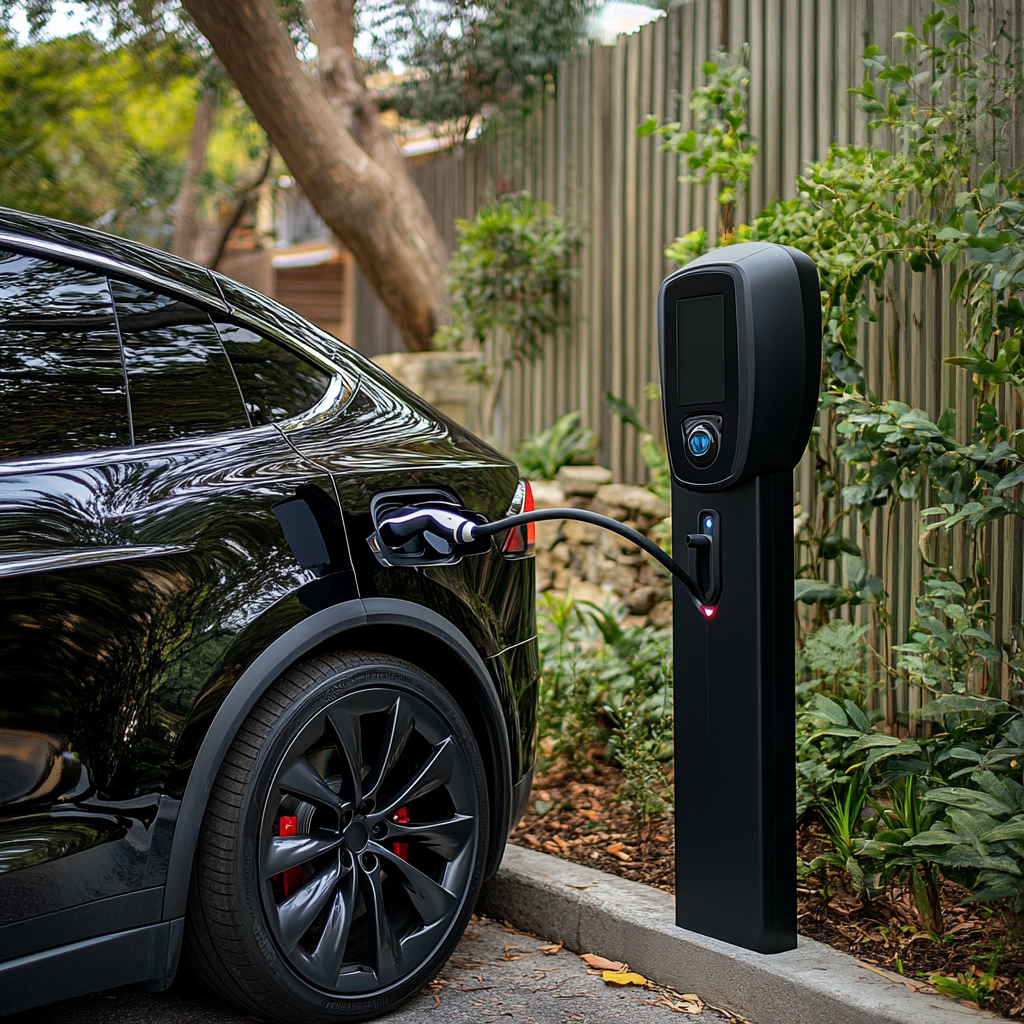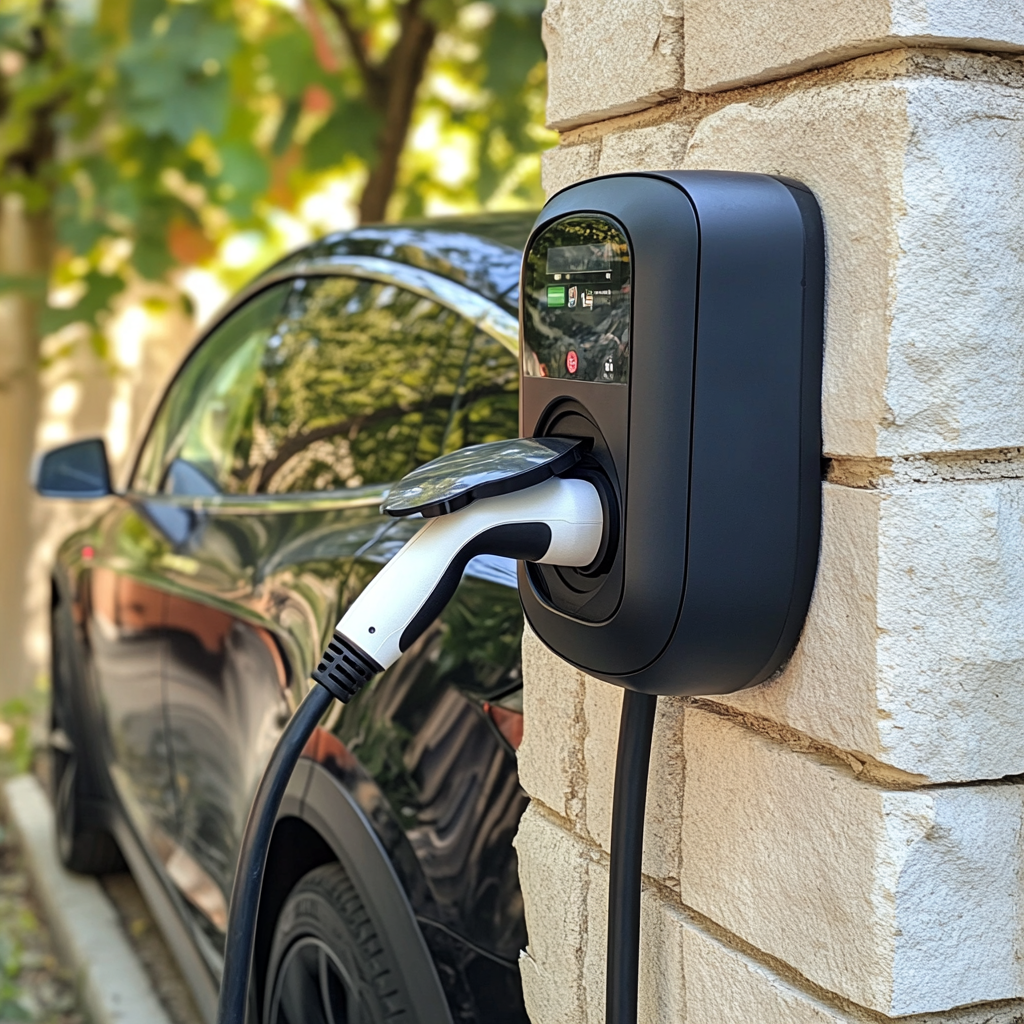全球电动车充电器安装费用的隐秘真相与顶尖技术
As the electric vehicle (EV) market continues to expand, understanding the financial implications of transitioning to this sustainable mode of transportation is becoming increasingly crucial. One of the significant expenses that potential EV owners face is the "Electric Car Charger Installation Cost." According to a recent report by the International Energy Agency (IEA), the global stock of electric cars surpassed 10 million in 2020, highlighting the urgent need for adequate charging infrastructure. Furthermore, a study by the U.S. Department of Energy indicates that the average cost for home charger installation can range from $1,500 to $3,000, depending on various factors such as location, electrical panel upgrades, and labor charges. With advancements in charging technology and the introduction of government incentives, potential owners may find ways to minimize these costs. This blog will delve into the hidden truths of installation expenses and explore the cutting-edge technologies that are transforming the landscape of EV charging.

The Hidden Costs of Installing EV Chargers: What You Need to Know
When considering the transition to electric vehicles (EVs), many potential owners focus on the purchase price and fuel savings, but the hidden costs of installing EV chargers can significantly impact overall expenses. One major factor often overlooked is the cost of upgrading the electrical infrastructure. For instance, installing Level 3 fast chargers can lead to hefty monthly fees based on peak power usage, which means EV owners are paying not just for the charger, but also for the infrastructure needed to support their charging habits.
Furthermore, the installation process itself can be complex and costly. Many homeowners are unaware of the various factors that contribute to the total installation expenses, such as local permitting, labor costs, and potential upgrades to home wiring. As the popularity of electric vehicles rises, a lack of adequate charging infrastructure can also present challenges. In regions where charging stations are sparse, the costs of installing home chargers to ensure accessibility can be substantial. Therefore, future EV owners must be well-informed about these hidden costs to make a truly economical decision when going electric.

Understanding the Latest Technologies in EV Charging Solutions
As the electric vehicle (EV) market continues to expand, understanding the latest technologies in EV charging solutions is essential for consumers and businesses alike. Recently, a report from the International Energy Agency (IEA) highlighted that the global stock of electric cars reached over 10 million in 2022, with a projected growth rate of 20% annually until 2030. This surge in EV adoption necessitates advanced charging infrastructure, incorporating innovations like ultra-fast chargers and smart charging technologies.
One of the most exciting developments is the advent of Vehicle-to-Grid (V2G) technology, which allows EVs to not only draw power from the grid but also supply energy back. This bi-directional flow can help stabilize the grid and reduce costs associated with peak demand. According to a study by the Rocky Mountain Institute, V2G could reduce grid operating costs by up to $3.4 billion annually in the U.S. alone.
**Tips for EV Owners:**
- Consider investing in a Level 2 charger at home for faster charging times, as they are approximately five to six times quicker than standard outlets.
- Research local incentives for installing home charging stations, as many governments offer rebates or tax credits that can significantly lower installation costs.
Understanding the Latest Technologies in EV Charging Solutions
Factors Influencing Installation Expenses for Electric Vehicle Chargers
When considering the installation of electric vehicle (EV) chargers, several key factors can significantly influence the overall expenses. According to a report by the International Energy Agency, the average cost of installing a Level 2 home EV charging station ranges from $500 to $2,000, depending on various factors such as electrical capacity, labor costs, and site conditions. Additionally, state incentives and federal tax credits can offset these expenses, making it essential for homeowners to thoroughly research their options.
One of the most critical elements affecting installation costs is the existing electrical infrastructure. If a home requires an electrical panel upgrade to accommodate the charger, costs can skyrocket by another $1,000 to $3,000. Furthermore, geographical location plays a significant role; cities with higher labor costs can see elevated pricing compared to rural areas. Homeowners should also consider whether they require a charging station that supports fast charging, which may come with increased upfront costs but can provide long-term savings on energy consumption.
Tips: To minimize installation costs, homeowners should obtain quotes from multiple licensed electricians and evaluate available incentives in their area. Additionally, consider investing in a smart charger that offers real-time energy usage insights, optimizing the charging process and potentially lowering electricity bills.
Factors Influencing Installation Expenses for Electric Vehicle Chargers
Comparing Home vs. Public Charging Station Installation Costs
When considering the costs of electric vehicle (EV) charging station installations, it's vital to compare the expenses associated with home charging versus public charging stations. Home installations typically involve a one-time setup cost, including the purchase of the charging unit and the installation service, which can range from $500 to $2,000 depending on the electrical infrastructure. This investment allows homeowners the convenience of charging overnight, often at lower electricity rates.
In contrast, public charging stations have different financial dynamics. Installation costs can be significantly higher, often exceeding $10,000 when factoring in necessary permits, equipment, and ongoing maintenance. However, public stations provide the advantage of accessibility for those who rely on shared transportation or for those on long journeys.
**Tips:** Homeowners should evaluate their current electrical system and consider whether their setup can accommodate a Level 2 charger, as this can save on installation costs. Meanwhile, businesses looking to install public charging stations should investigate grant opportunities or incentives offered by local governments, which can mitigate initial expenses and encourage EV adoption.

Future Trends in EV Charging Infrastructure and Cost Predictions
The charging infrastructure for electric vehicles (EVs) is undergoing a transformative evolution, driven by the growing demand for faster charging solutions and the push toward a sustainable future. Future trends indicate a significant shift toward high-voltage and high-current charging stations, which promise to dramatically reduce charging times and enhance the overall user experience. Technologies like flexible charging stacks and Vehicle-to-Grid (V2G) systems are becoming increasingly prominent. These innovations not only address range anxiety but also integrate EVs into smart energy grids, positioning them as vital components of modern energy ecosystems.
As we look to the future, predictions suggest that the global electric vehicle charging market will flourish, potentially reaching substantial market value by the end of the decade. The rise of ultra-fast charging stations is paramount, as they facilitate the transition to electric mobility for consumers previously deterred by long charging durations. Moreover, ongoing advancements in electric motorcycle technology indicate a pivotal shift in green transportation opportunities, bridging the gap between traditional vehicles and the emerging electric paradigm, reinforcing the notion that electric vehicles are no longer just an alternative but a necessity in our evolving transport landscape.
Future Trends in EV Charging Infrastructure and Cost Predictions
| Region | Average Installation Cost ($) | Charging Speed (kW) | Public Charging Stations | Predicted Growth Rate (%) |
|---|---|---|---|---|
| North America | $5,000 | 50 | 100,000 | 25 |
| Europe | €4,000 | 100 | 200,000 | 30 |
| Asia-Pacific | ¥40,000 | 150 | 300,000 | 35 |
| Latin America | $3,000 | 20 | 10,000 | 15 |
